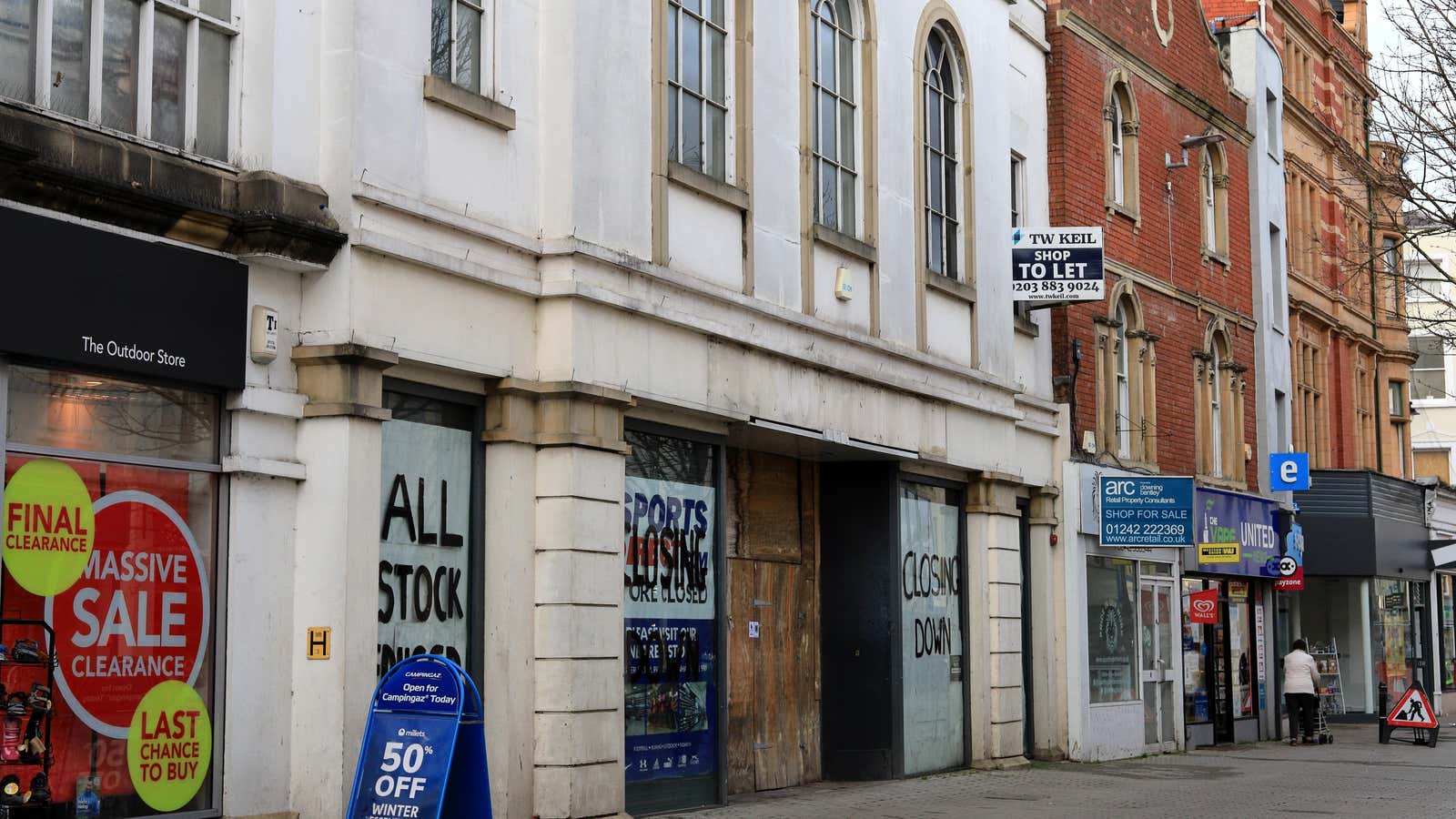The Difference Between a Global and a National Recession (and What It Means for the US)

With stock markets crashing and consumer prices soaring , the economy is certainly struggling. And yet the label of “recession” hangs in the air, not yet an official description of the current state of the economy – in the US and around the world. One of the reasons it’s hard to get a straight answer about whether we’re in a recession is because there’s no single definition. Let’s take a look at how recessions are defined globally and nationally, and what that means for the US economy right now.
What is a recession?
A recession is a significant decline in economic activity . This means that factors such as production, employment and household spending are declining. While recessions can be short-lived and localized, they can also be as severe as the Great Recession of the late 2000s, which is considered the most significant recession since the Great Depression. Read more about the difference between an economic recession and a depression here .
What makes a recession global?
Because so many national economies are so interconnected these days, it’s rare that one country is immune to economic downturns in others. And, as with a national recession, there is no consensus on how we officially define a “global recession.”
Generally speaking, a global recession involves several national economies pulling each other down in a series of synchronized recessions. According to the World Bank , the current speculation of an impending global recession is due to “a rapidly deteriorating growth outlook coupled with rising inflation and tighter financing conditions”. Moreover, a September press release from the World Bank argues that “even a moderate blow to the global economy next year could lead to a recession.”
Since most national economies are interconnected, an economic shock in one region can spread like a contagion, eventually leading to a global recession. However, not all economies will slow down at the same rate. The impact of the global recession on national economies will depend on the degree of their influence and dependence on the global economy as a whole.
Let’s see what this means for the US at the moment.
So the US is in recession now?
As we mentioned above, it would be difficult for you to get an analyst or commentator to say outright that we are officially in a recession. Part of the reason is that there is no single official definition of a national recession.
However, there are some generally accepted signs that a recession is real. One of the practical definitions: if a country has seen a decline in GDP for two quarters in a row; in other words, the economy has contracted for two quarters in a row. Even though the US economy reached that point this summer , many are resisting the label of recession right now. There is a strong argument that the focus on GDP alone is too narrow, and the White House cites positive economic indicators such as record job growth .
bottom line
While there is no single definition, some indicators of global recessions are undoubtedly worrisome right now. Global growth is now slowing sharply, and as the world’s largest economy, the US will not be immune if a global recession does strike.